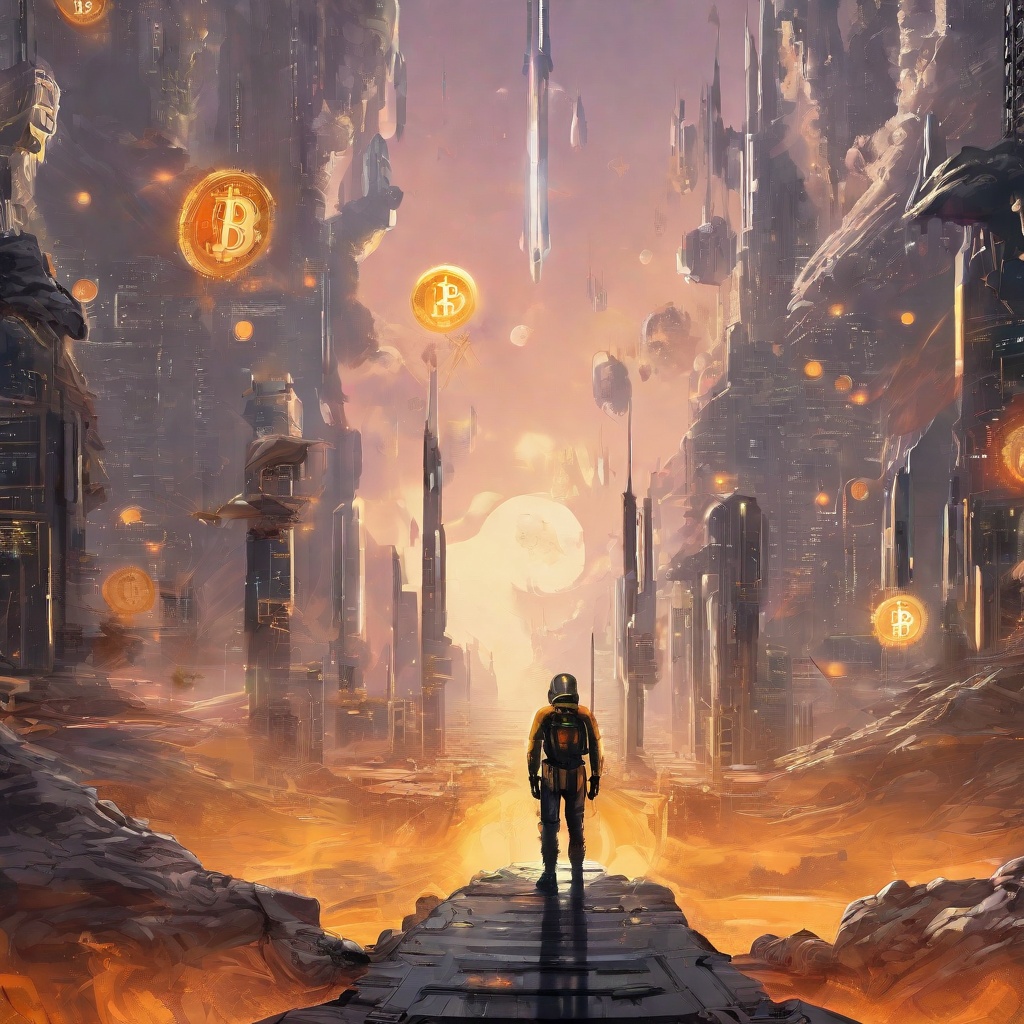When it comes to the safety of decentralized exchanges, there are certainly a few factors to consider. For starters, decentralized exchanges are not controlled by a central authority, meaning they don't have a single point of failure that hackers can target. However, this also means that there is no central entity responsible for user funds or disputes, which can make it more difficult to recover lost or stolen assets.
Additionally, decentralized exchanges often rely on smart contracts to facilitate transactions, which can introduce their own set of risks. Smart contracts are computer programs that automatically execute transactions when certain conditions are met, but they can also be vulnerable to exploits and bugs.
So, how
SAFE is a decentralized exchange really? It depends on a variety of factors, including the quality of the platform's codebase, the security measures in place, and the level of expertise and diligence of its developers and users. Ultimately, it's important to thoroughly research and understand the risks and benefits of any decentralized exchange before using it.


